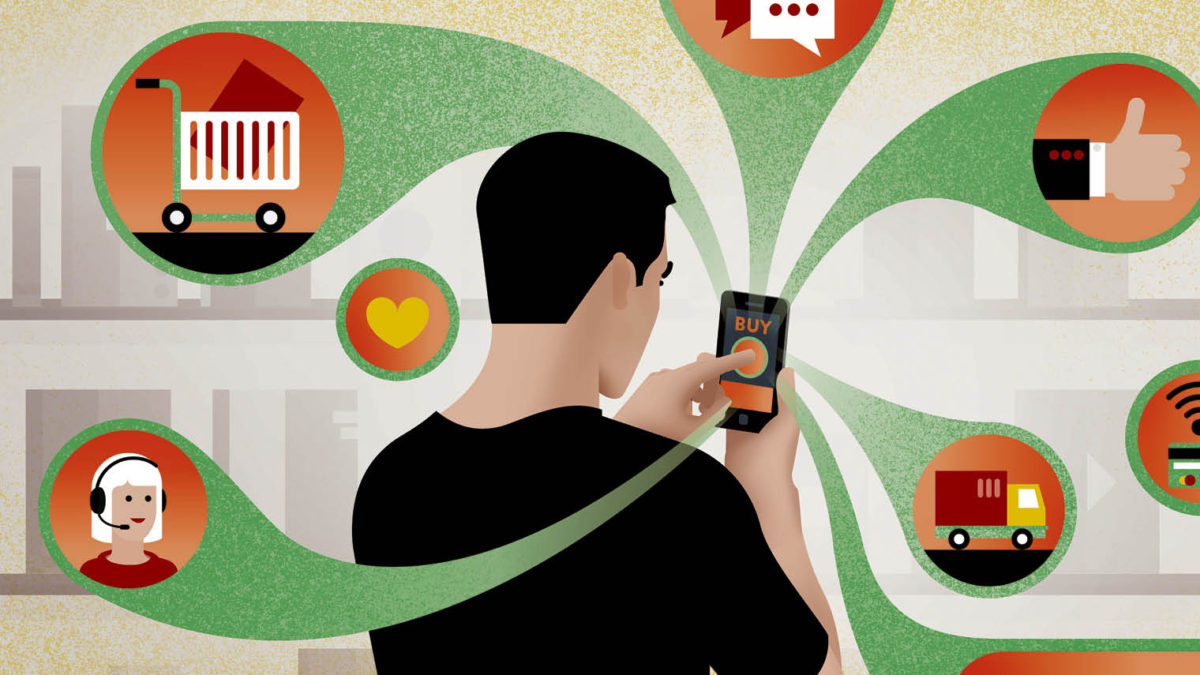About a month into COVID, I was walking my dog and listening to a podcast with Steve Kerr and Gregg Popovich (basketball coaches). I was at an intersection in a wealthy neighborhood. No one was coming car-wise, so my dog and I started crossing the street, but it was hot out, and my dog was lagging. As we’re crossing, this Suburban driven by a middle-aged woman is approaching and then starts basically barreling down on me. So I had to yank my dog’s leash and this lady is honking at me screaming stuff like “Get your damn dog out of the street!” as she whooshes past me.
Right around the same time in that podcast, Popovich — who I think has five NBA titles, if I’m not mistaken — is discussing how America has become too convenient. I glanced to the right and realized that a house there had recently been listed for $600,000 or so, and there were some Amazon Prime boxes littering the porch.
Convenience.
In this new Mark Manson newsletter, you have a plug for this book, and this corresponding paragraph:
For example, instead of ordering eight pounds of your favorite meat online, being forced to walk down to the butcher each week and chat to them about weather and business and sports while they cut each slice, week after week, month after month—well, it’s the aggregation of all of these little “inefficient” experiences that generates a sense of community and rootedness in one’s life. By introducing widespread “convenience,” at scale, you remove people’s opportunities to serendipitously engage with the people in their communities.
That last sentence is important.
I go to a WeWork a few times a week to get out of my house and do stuff, right? I have a little crew of people at one of the two WeWorks where we talk about random societal stuff periodically as a distraction from the low-grade hell that capitalism can be sometimes. That little group has this discussion sometimes: has America become too convenient? Is the way of life too easy?
I’d argue yes at the higher, white-collar levels — but obviously a lot of people have it very tough, ranging from minorities to low-income, and even the “investor class” spends way too much time thinking about money and work, which assures privilege and convenience but is also a prison of its own right.
Others have argued this too: “life has gotten more comfortable but less happy,” “America’s relentless pursuit of convenience,” and “the tyranny of convenience.” I’ve written about “the over-quest for optimization” too.
Think about convenience at work
Maybe the first place your mind goes is automation, SaaS, self-service portals, etc. All those are good answers, and I’m not entirely sure any of them really make work that much better to experience — they make it easier and “optimized” in some ways, but again, not necessarily better.
Another place your brain might go on the intersection of “convenience” and “work” is the status quo and things not really getting done. People become comfortable with a recurring slate of meetings, a set of processes, and the general “way things get done” I’d argue that “culture,” as amorphous a term as it is, is mostly about the patterns and processes by which stuff gets done, and what’s allowed and tolerated as those processes unfold.
When people seek convenience and comfort at work, usually any notable issue — improving management, bettering diversity, getting new ideas across, etc. — die in the flood, because what truly matters to the majority of workers is the convenience of the job, the responsibilities, the salary, the health care, and the ability to (within reason) keep the job. Usually that new stuff and betterment is actually fear-inducing, because the goal is convenience.
Think about convenience personally
Amazon, Uber Eats, DoorDash, Wag, laundry services, etc.
Not everyone can afford these things, no — there’s an element of “class warfare” here. That’s another joke from WeWork, too: a few of those guys call brunch “class warfare,” which has some accuracy. I mean, if you can even discuss “brunching,” you’re probably somewhat elitist, no?
We have lots of convenience. But, as noted in pull quote above, do we talk to our butchers? Do we talk to our neighbors? Do we borrow salt? Do DoorDash drivers actively engage with customers in such a way that social capital is built?
In some situations, yes, people borrow salt and food delivery drivers shoot the shit with customers. Is it common, though? No.
So again, too much convenience is great at one level. But what’s the external cost?
Think about convenience and comfort sexually
Damn, salacious!
I know a woman who was married about 22 years. One kid. After a big fight on a cross-country flight, they had a long discussion one night and decided to divorce. You’re just talking about two decades of your life and the creation of another life, and it’s probably over now. It’s a very profound moment. I’ve also lived it, although without 22 years and without a kid.
So in this moment, what does the woman/wife/ex-wife now (?) do? She initiates sex. And men being men stereotypically, he’s into it.
Now you might think at that moment, maybe you dislike each other, maybe you’re depressed, maybe you’re confused, life is weird. So why have sex?
I asked her and she said “I wanted to provide comfort to him, and it felt convenient for me.”
One time I tweeted that story and a few other women admitted they had done the same thing in the moments after divorce decision.
Weird how hard we seek convenience and comfort, right? Even in those moments, where it might seem completely crazy?
What’s your take on convenience and comfort?
